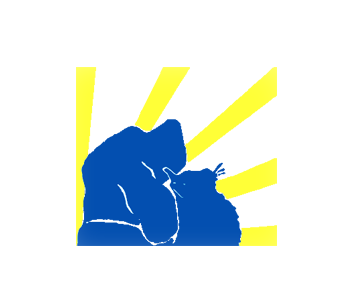Herbology – An Overview
If herbs are used when they are not necessary, they can unbalance an animal's system, leading to discomfort and alterations in normal body processes. Healthy animals who are eating a natural diet or a good quality natural commercial food supplemented by raw veggies do not need herbs on a continuous basis. Not all herbs which are used to treat people can be safely used in dogs and cats; e.g., some herbs used for parasite control (like pennyroyal) are toxic if used excessively. Before beginning herbal therapy, it is important to consult a veterinarian experienced in herbal treatments. While some herbs are compatible with some drugs, this is not universally true so it is wise to have any guardian-prescribed herbal therapy reviewed by a knowledgeable veterinarian. Animals generally know what they need to help them heal. It is best to offer herbs or other supplements separately in a small amount of food rather than to mix them into the whole meal. That way, if an animal does not need the added items, s/he does not have to choose between going hungry and eating food containing substances which are not beneficial.

